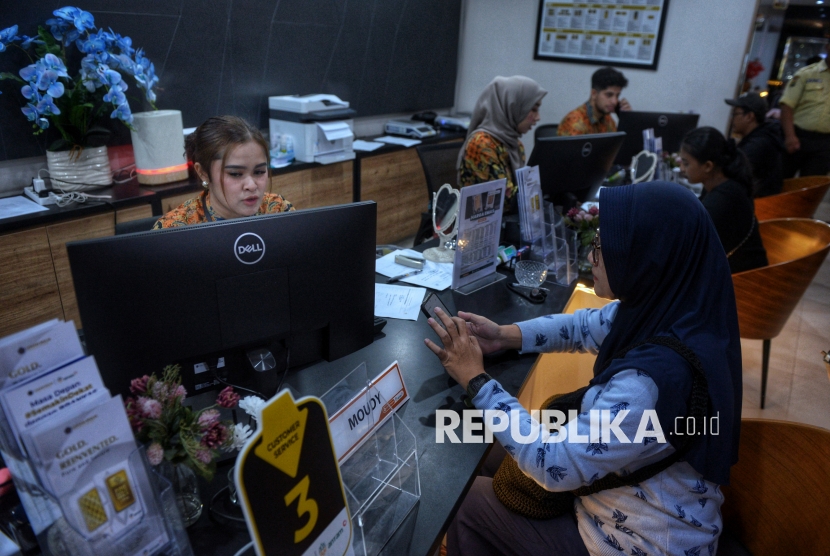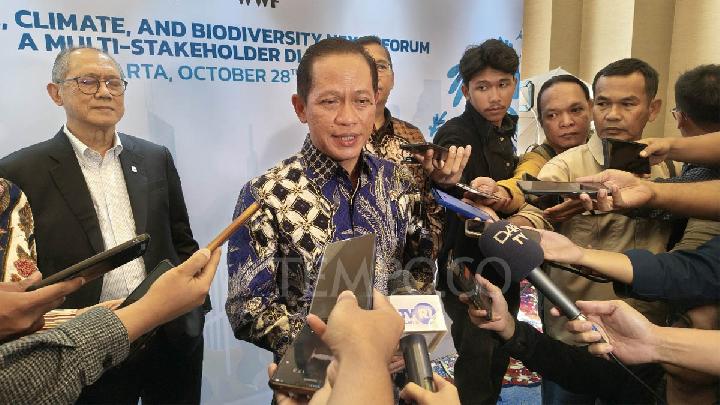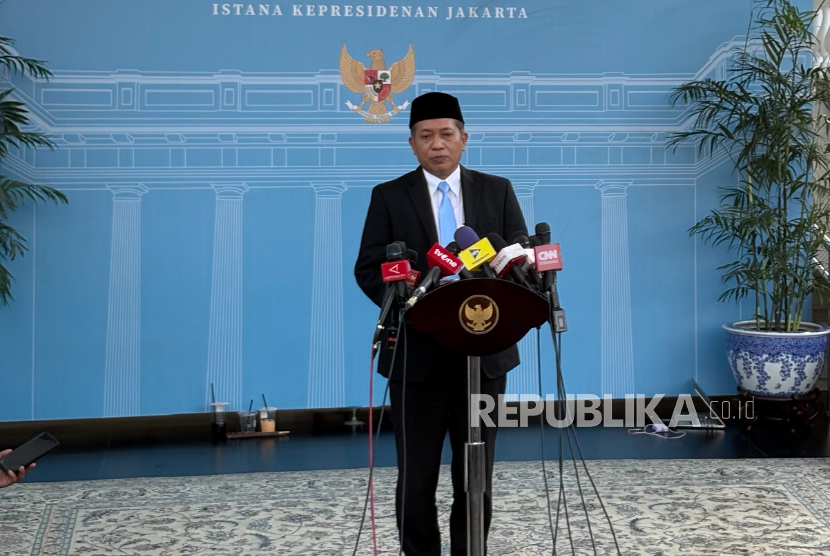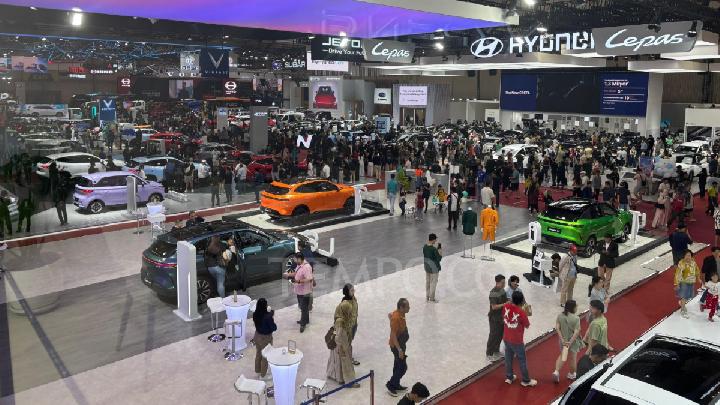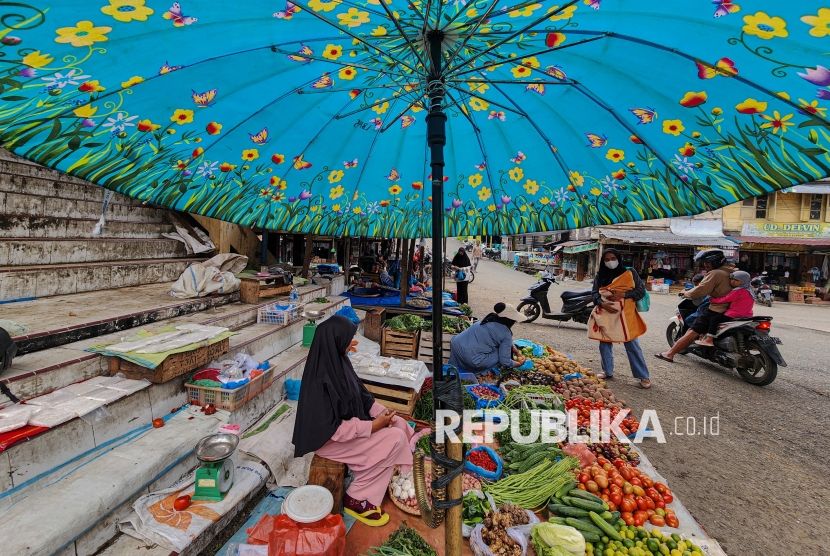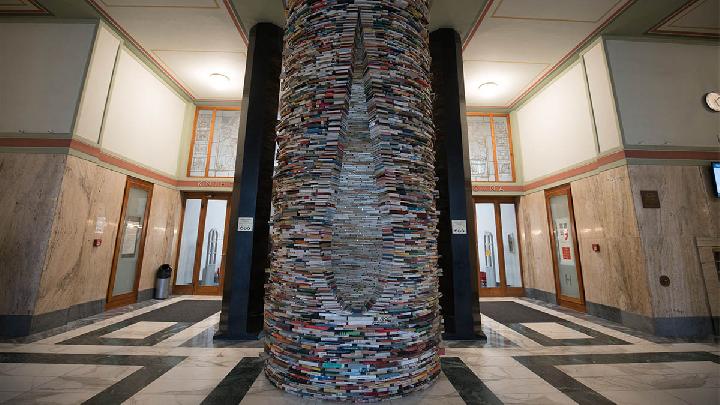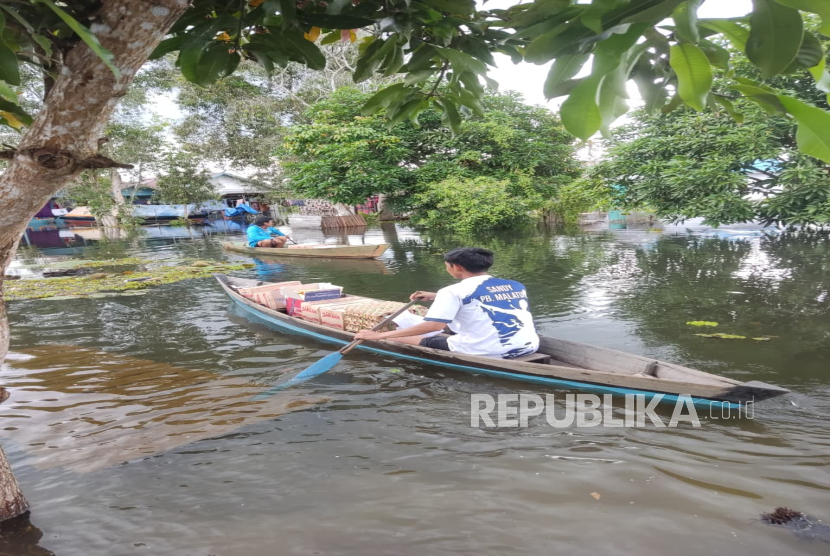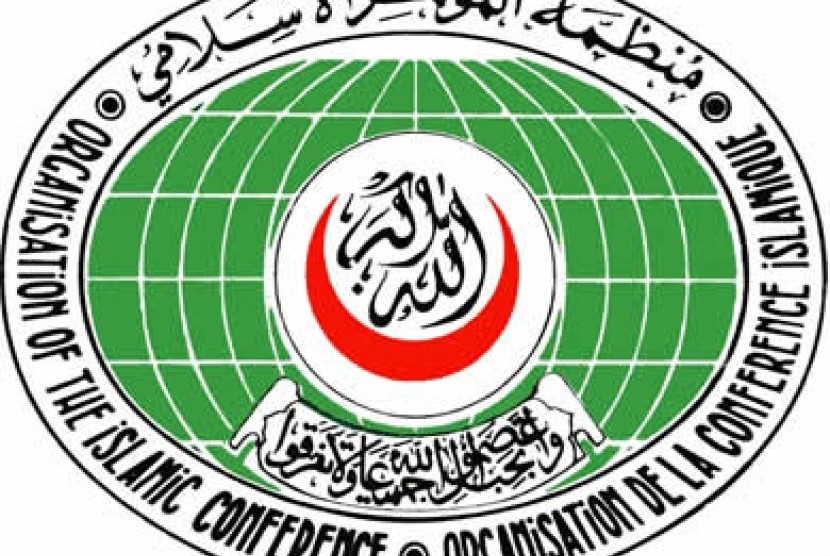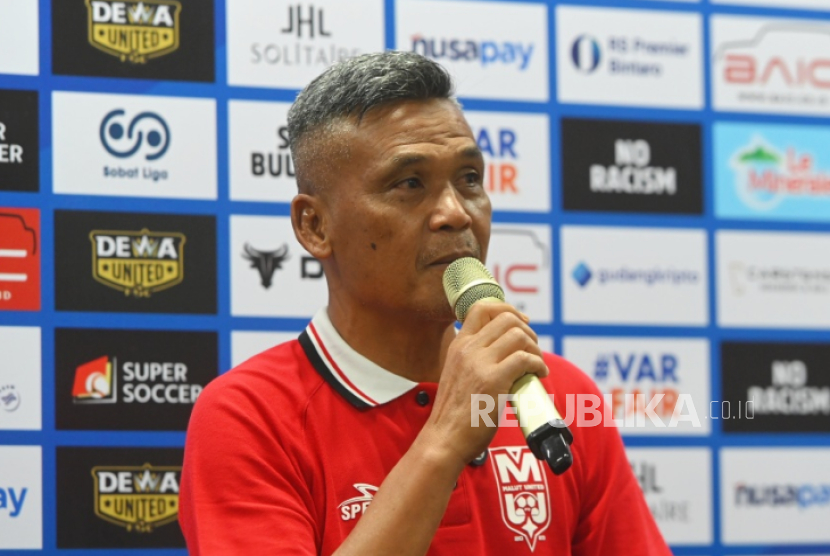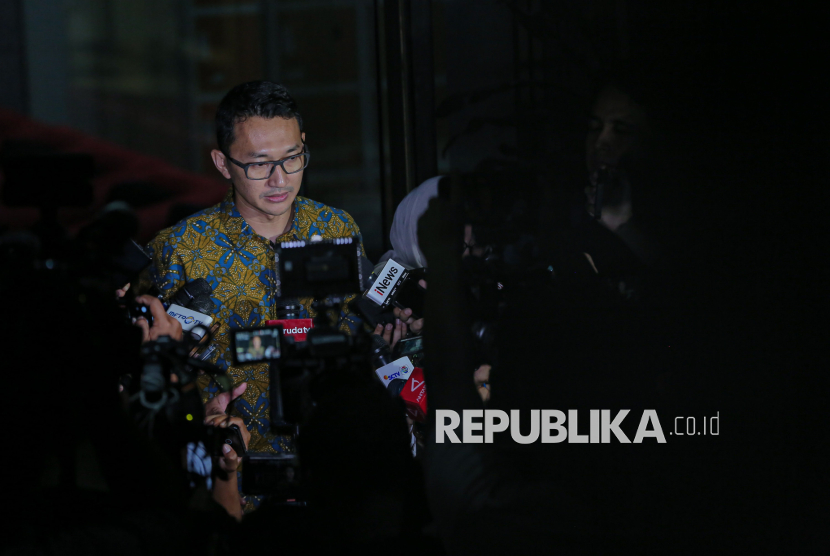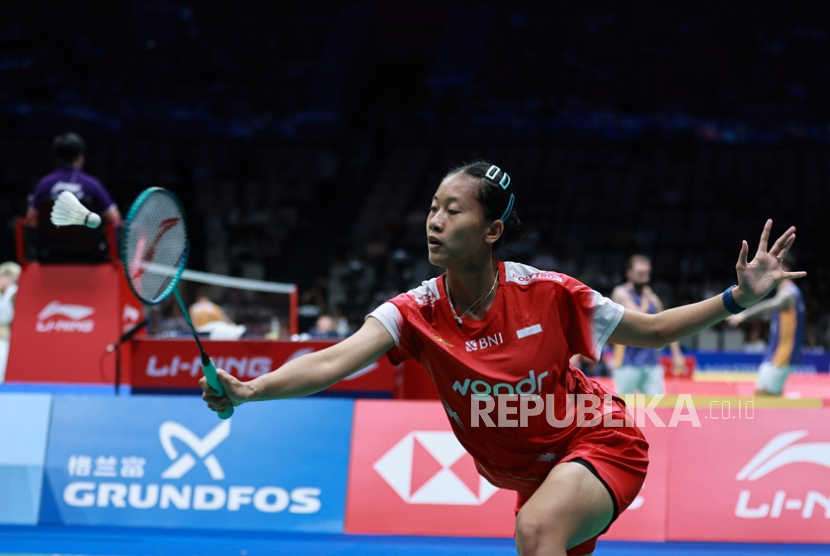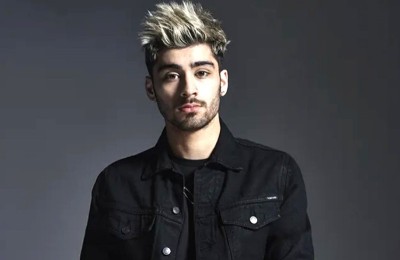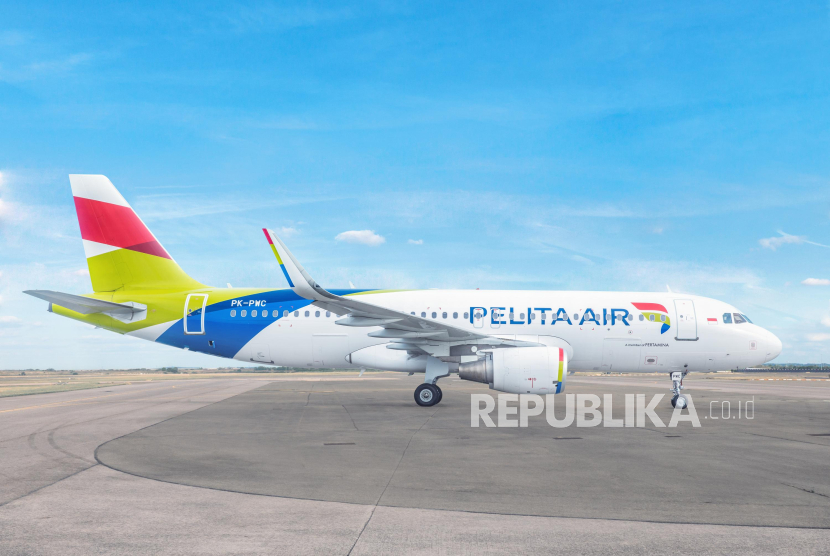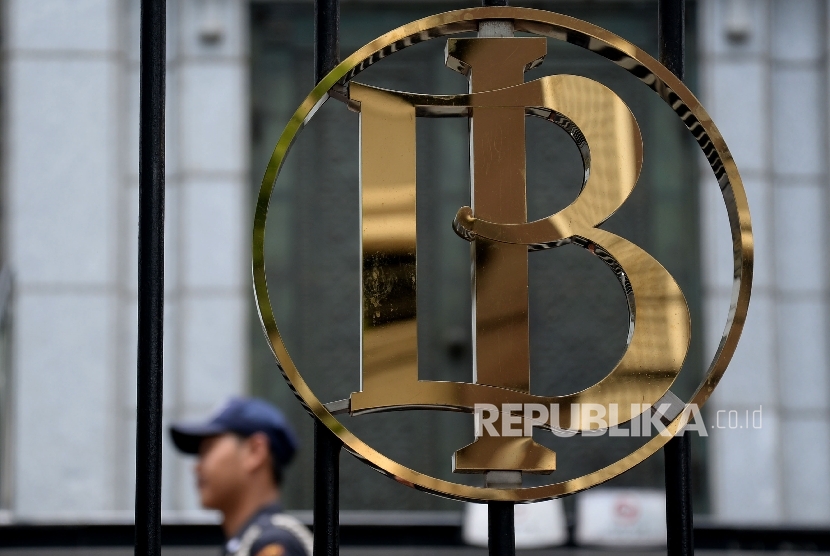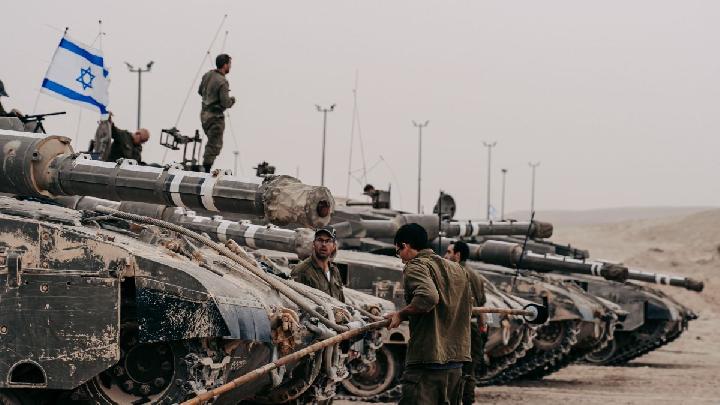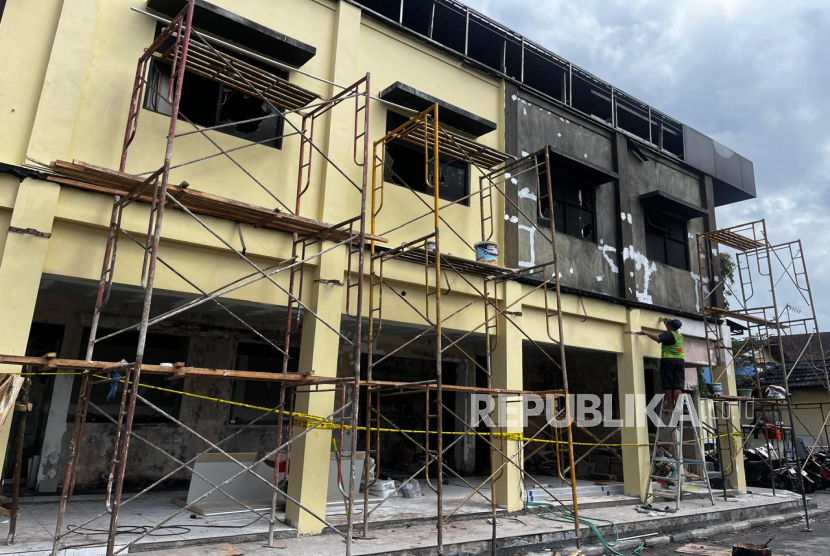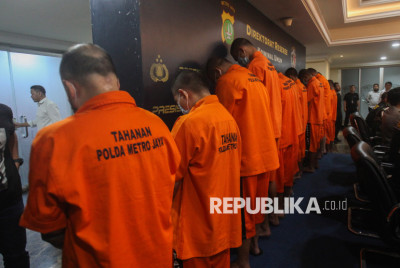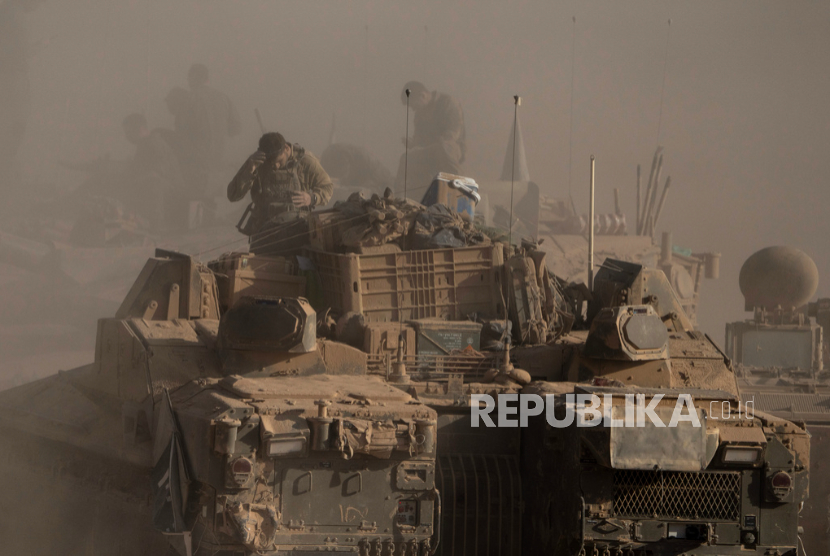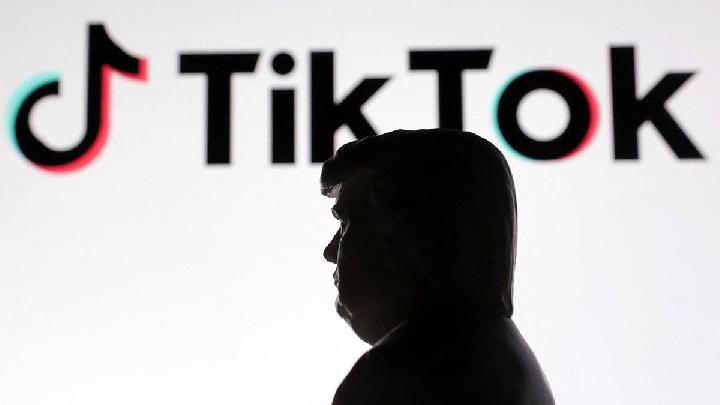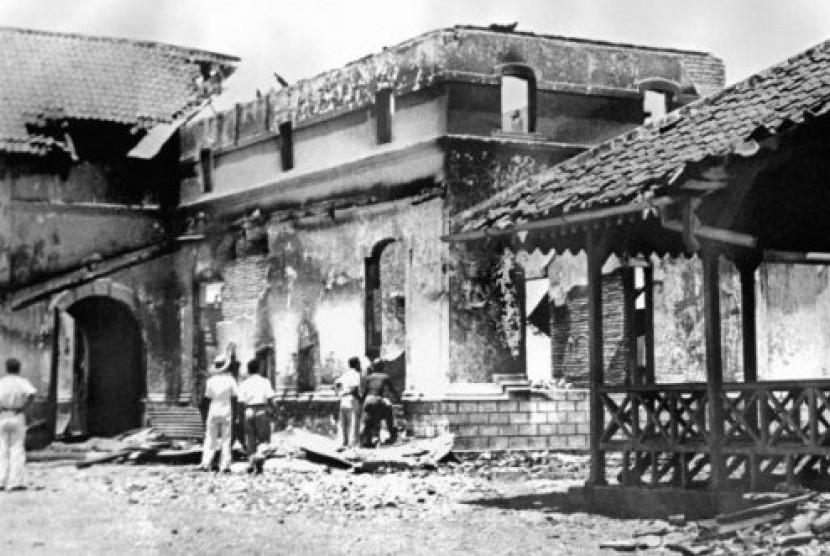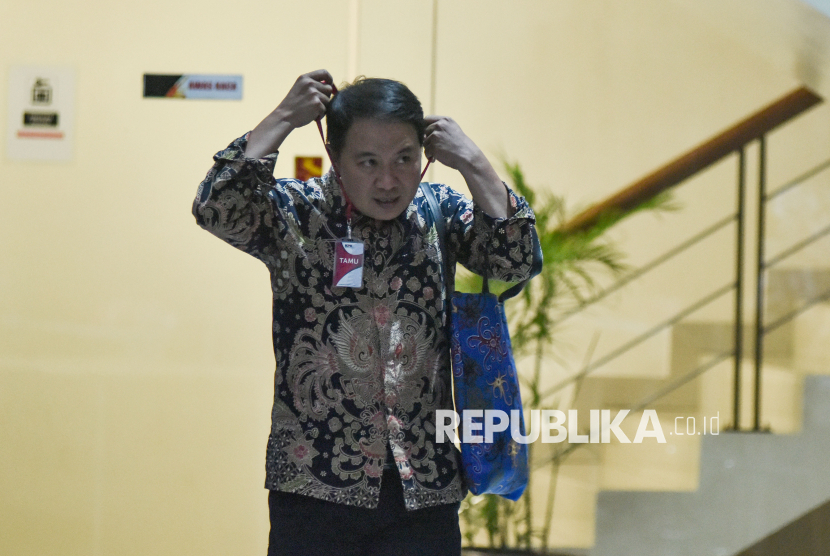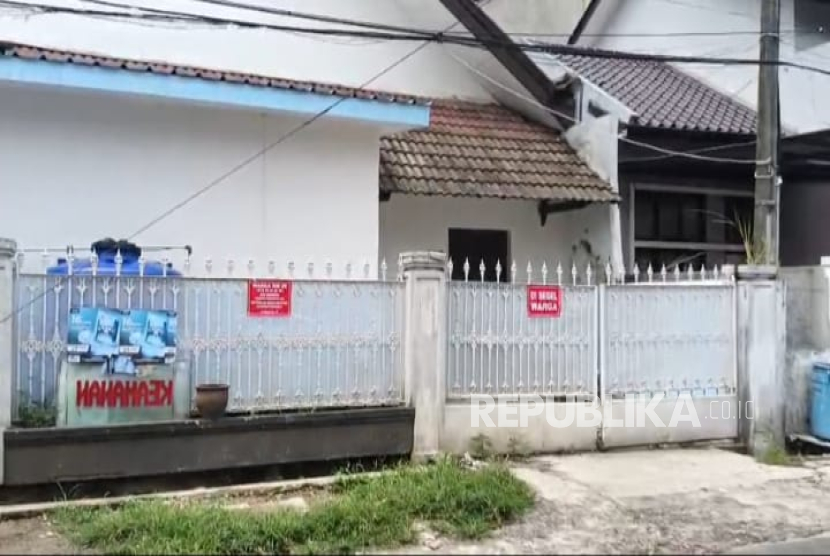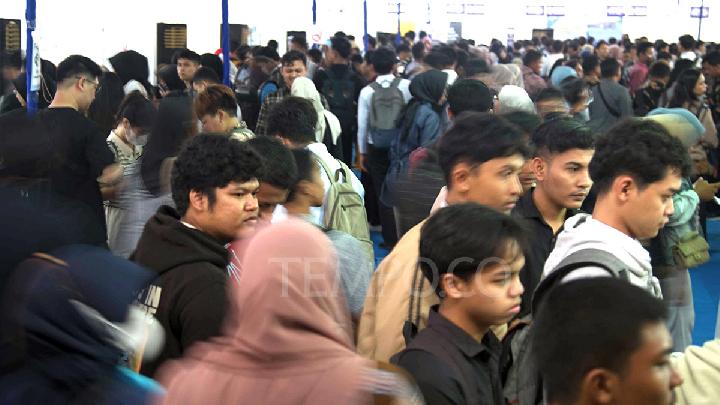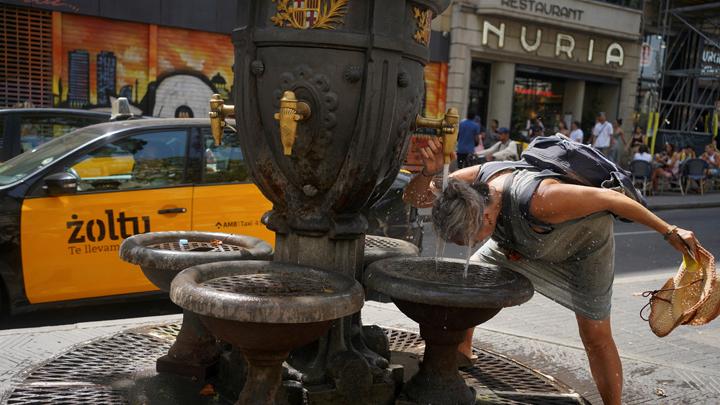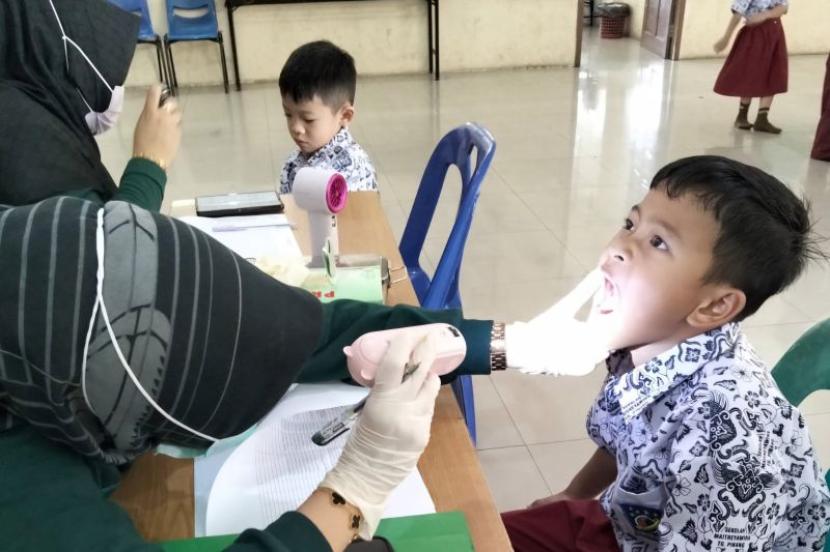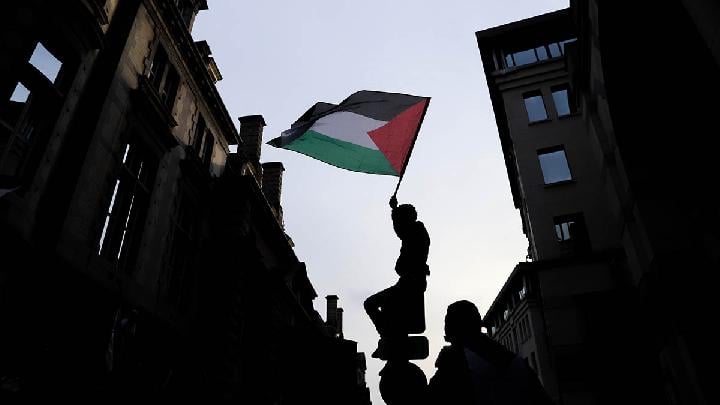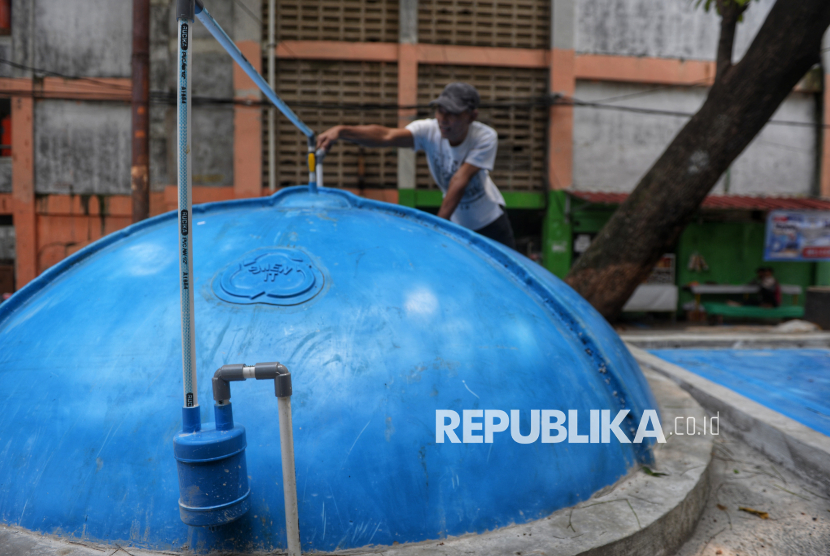TEMPO.CO, Jakarta - When US President Donald Trump and his Chinese counterpart Xi Jinping meet in South Korea on Thursday, perhaps they can find common ground and inspiration in basketball.
Despite the ongoing trade war between the world's two biggest economies, earlier in October, two NBA teams, the Brooklyn Nets and the Phoenix Suns played pre-season games in Macau, a special territory of China. Over this summer, with the league's return to the country, a handful of NBA players also toured China, including LeBron James and Steph Curry.
The NBA, by far the sport's biggest competition, has been frozen out of its biggest overseas market since 2019, but the relationship seems to be thawing.
Social media-sparked divide
In 2019, Daryl Morey, the general manager of the Houston Rockets posted on social media an image with the slogan "Fight for Freedom, Stand with Hong Kong", at the height of pro-democracy protests in the former British colony.
The NBA said the comments were "regrettable" but the reaction in China, with an estimated 450 million basketball fans, was swift and severe. Broadcasters refused to show the league, sponsors cancelled deals and there were no more exhibition games in the country. In 2022, NBA Commissioner Adam Silver estimated that the boycott had cost the league hundreds of millions of dollars in lost revenue.
Now, though, the NBA is back, and while Macau is not the mainland, the games were seen as such a success and watched by enthusiastic crowds that a return to cities such as Beijing, Shanghai and Guangzhou does not feel far away.
"The NBA has been very cautious and deliberate in its re-entry to China, and the recent games in Macau were a good example of that," Mark Dreyer, author of "Sporting Superpower," a book on China's sporting ambitions, told DW.
"They were well-received, so while the events of 2019 were certainly more than a blip, I think the league is on a solid path to rebuilding trust."
Americans and Chinese share a love of hoops
It helps that basketball remains popular in China. The country may have struggled to become a major power in football, but in its huge cities, you are more likely to see children throwing a few hoops than kicking a ball.
It also helps that the country has produced genuine superstars in basketball. Shanghai's Yao Ming played for Houston from 2002 to 2011 and made the All-star team in all of his eight seasons. In June, Yang Hansen was drafted by the Portland Trail Blazers.
"Basketball in China had a very deep base to begin with, and fans have largely stayed true to the sport," Dreyer said. "I haven't seen any major drop-off in participation or interest, especially since games returned to broadcast after the temporary suspension."
Fans do seem to be delighted that the competition is back.
"If you love basketball then you love the NBA, and most people I know still found a way to watch the games," said Shanghai-based fan Zhang Wei ,who hopes that there will not be a repeat of the boycott.
"It is regrettable what happened, but the players and officials should focus on sport and not get involved in anything outside that."
'Walking on eggshells' when it comes to China
That is always going to be a risk, however. That the NBA's popularity seems to have been relatively unaffected by the boycott will be welcome news to the league's officials, but nobody can be certain that there won't be a repeat.
Both parties will be keen to avoid such a situation, though. Dreyer believes it is unlikely given that all involved now know the financial consequences of upsetting Beijing. Others are less sure.
"I would say there's significant risk of a serious PR gaffe happening in the future," Bob Pickard, former global head of communications at the Beijing-based Asian Infrastructure Investment Bank, told DW.
Furthermore, Pickard believes a system has to be put in place to minimize the possibility. "This involves things like crisis preparation and incident response drills, China cultural sensitivity training, media coaching and a disciplined communications management system."
NBA officials have said that China has not imposed conditions on what officials and players can say but Pickard believes that Beijing is unlikely to ignore comments that are perceived to be critical.
"China has yet to learn the lesson that extreme thin-skinned sensitivity and a shrill communication tenor help create PR disasters rather than prevent them," Pickard said, adding that it also fosters "a climate of fear where people are so afraid of making a mistake on China topics that they end up walking on eggshells."
Political Relations vs. NBA's cultural impact
That has not been the approach of the Trump administration when dealing with Beijing. His administration has hit China with hefty tariffs. It is difficult to predict what basketball players or officials may say on social media. It is even harder to predict the actions of President Donald Trump.
The current political situation creates challenges for any American industry that operates in China.
"It inevitably fits within that broader context, but I'd say the NBA is relatively insulated compared with most industries," said Dreyer. "The NBA is not a traded good but offering entertainment and inspiration directly to Chinese audiences."
That status may help if the relationship between Beijing and Washington becomes even colder.
"That would certainly create a more challenging environment for the league," said Dreyer. "But with its global appeal and positive cultural impact, the NBA can actually help build goodwill between the US and China, even when the political relationship is strained. In that sense, basketball remains one of the few areas where people on both sides can still connect in a positive way."
Editor’s Choice: Top 10 Highest-Paid NBA Players in 2024, #1 is not LeBron James
Click here to get the latest news updates from Tempo on Google News

